COVID to Connectedness 2021 Speakers
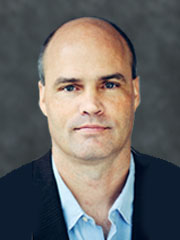
Thomas Joiner, PhD, Florida State University
Joiner’s work focuses on the nature, causes and management of suicidal behavior and related conditions, such as mood disorders and eating disorders. He teaches at Florida State University, where he runs a robust graduate program on the study and prevention of suicide-related conditions and behaviors. Joiner turned to the study of why people die by suicide after his father’s suicide. His Interpersonal Theory of Suicide has guided much national learning and research since its publication in 2005. Joiner is editor of the Suicide and Life-Threatening Behavior Journal published by the American Association of Suicidology.
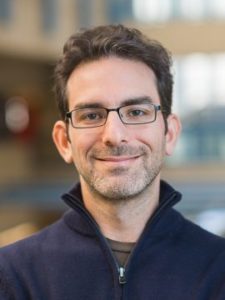
David Klonsky, PhD, University of British Columbia
Dr. Klonsky research at the University of British Columbia has produced the Three-Step Theory of suicide, which is based on an ideation-to-action framework and emphasizes the distinct processes and explanations for these two phases. Klonsky has examined the functions of non-suicidal self-injury in relation to suicide. His research interests also include emotion and emotion regulation. Klonsky earned his doctorate in clinical psychology in 2005 at the University of Virginia. He taught at Stony Brook University in New York, before moving in 2009 to the University of British Columbia, where he is a full professor.
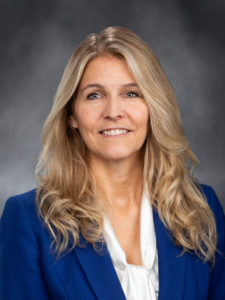
Rep. Tina Orwall, MSW, WA 33rd Legislative District
Rep. Orwall was elected to represent Washington’s 33rd Legislative District (Kent) in 2009. Since then she has repeatedly sponsored bills that require training and state investment in suicide prevention. Her work in this area made Washington the first state in the nation to require suicide prevention training for all behavioral health clinicians and health care providers.
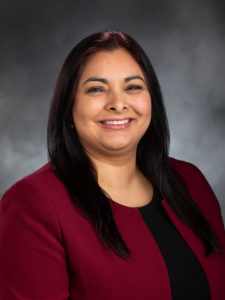
Sen. Manka Dhingra, JD, WA 45th Legislative District
Sen. Dhingra was elected in a special election in 2017 to represent the 45th District (Redmond). She practices law within the Office of Senior Prosecuting Attorneys of King County.
Sen. Orwall and Sen. Dhingra worked together in the 2021 Legislature to promote legislation regarding the transition to 988 as a new three-digit call number to the National Suicide Prevention Lifeline in Washington and nationwide. Importantly, their legislation also focused on developing an enhanced, statewide crisis response system that will effectively support individuals in suicide crisis no matter where in the state they live.
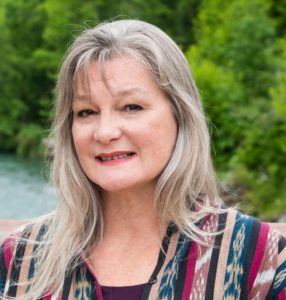
Vicki Lowe, American Indian Health Commission of Washington
Vicki Lowe is a descendant of the Jamestown S’Klallam Tribe who has spent her career working to create stronger health care resources for American Indians and Native Alaskans across Washington. She is executive director of Washington State’s American Indian Health Care Commission.
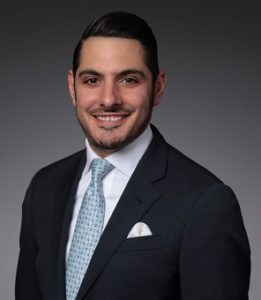
Abraham Dairi, Washington resident with lived experience
Abraham Dairi lost his wife Holly to suicide nearly one year ago today. Dairi testified repeatedly during last year’s legislative hearings on House Bill 1477, through which the Legislature approved 988 as a three-digit number for the National Suicide Prevention Lifeline starting in July 2022.
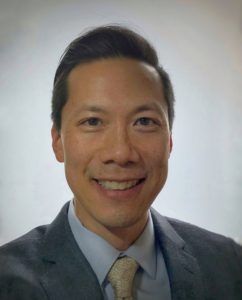
Jeff Sung, MD, University of Washington
Dr. Sung, psychiatrist, has worked to support individuals who experience suicidal thoughts and behaviors, including many men experiencing homelessness. Sung has trained nationally on the suicide risk of men in their middle years, and related topics. He has been instrumental in building the foundation for Safer Homes, Suicide Aware. That program is a statewide firearms and medications secure-storage initiative. Safer Homes is supported by Washington’s Department of Health and Boeing, and is implemented by Forefront Suicide Prevention.
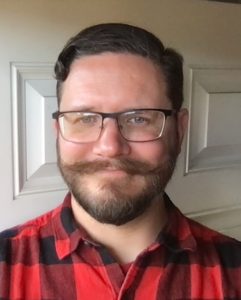
Brett Bass, Safer Homes, Suicide Aware
Speaking alongside Dr. Sung is Brett Bass, manager of Safer Homes. Bass is also a veteran of the Marine Corps Reserve and a longtime firearms instructor. Together, Sung and Bass developed a firearms training for health care providers to enable them to better understand and connect with clients who value, own, and use firearms. Development of this training was requested by the U.S. Department of Veterans Affairs. Additionally, Bass developed and regularly delivers a public firearms safety course containing significant information on suicide prevention.
Topher Jerome, Harborview Behavioral Health Institute
Topher is project director for Harborview Behavioral Health Institute and Lived Experience Advisory Board Chair at Jaspr Health. Topher spent 12 years developing, implementing and supervising a variety of peer support programs in intensive psychiatric settings.
At the Behavioral Health Institute, Topher implemented and manages a SAMHSA grant-funded COVID-19 Emergency Response for Suicide Prevention program for emergency departments and inpatient psychiatric settings in Washington. This program combines post-crisis peer support with the use of the Jaspr Health app. As a multiple suicide attempt survivor, Topher brings a personal commitment to his work in suicide prevention.
